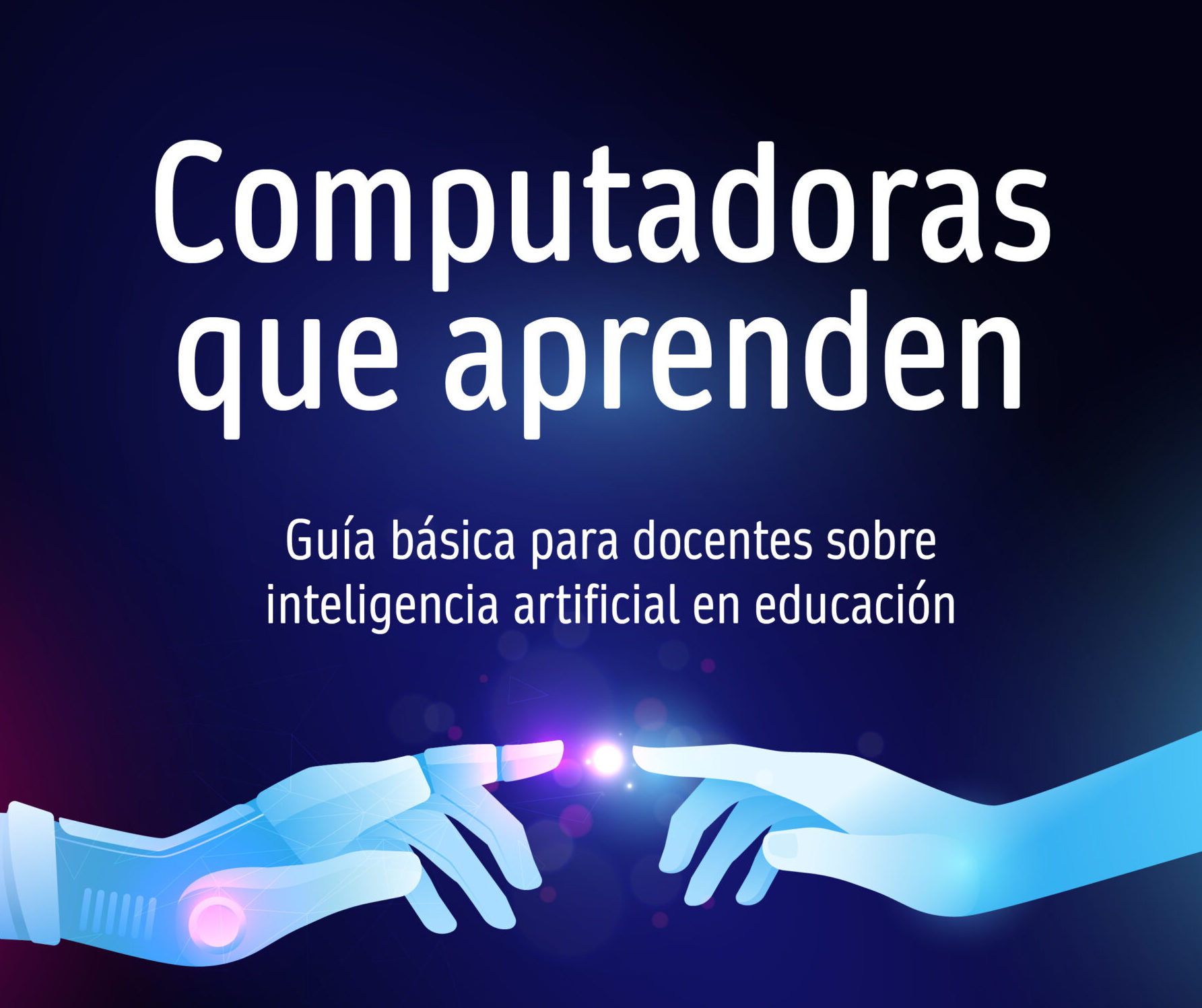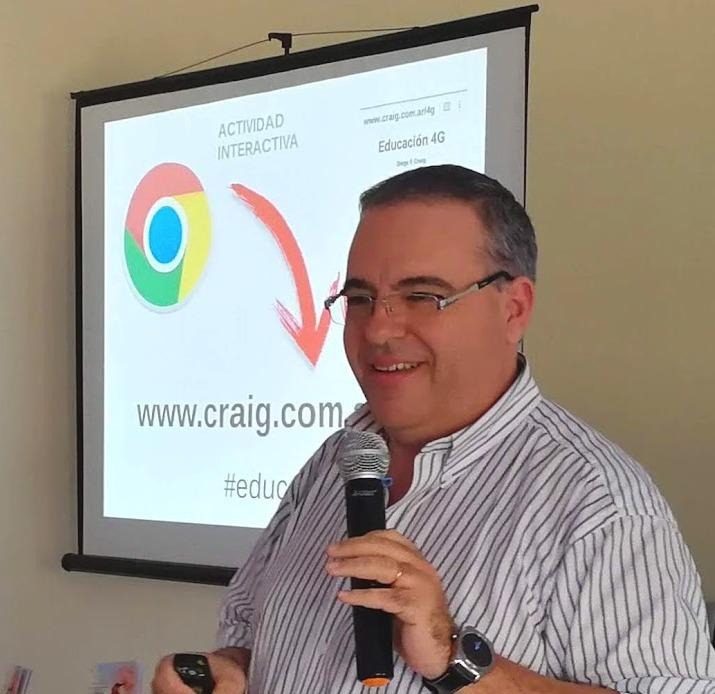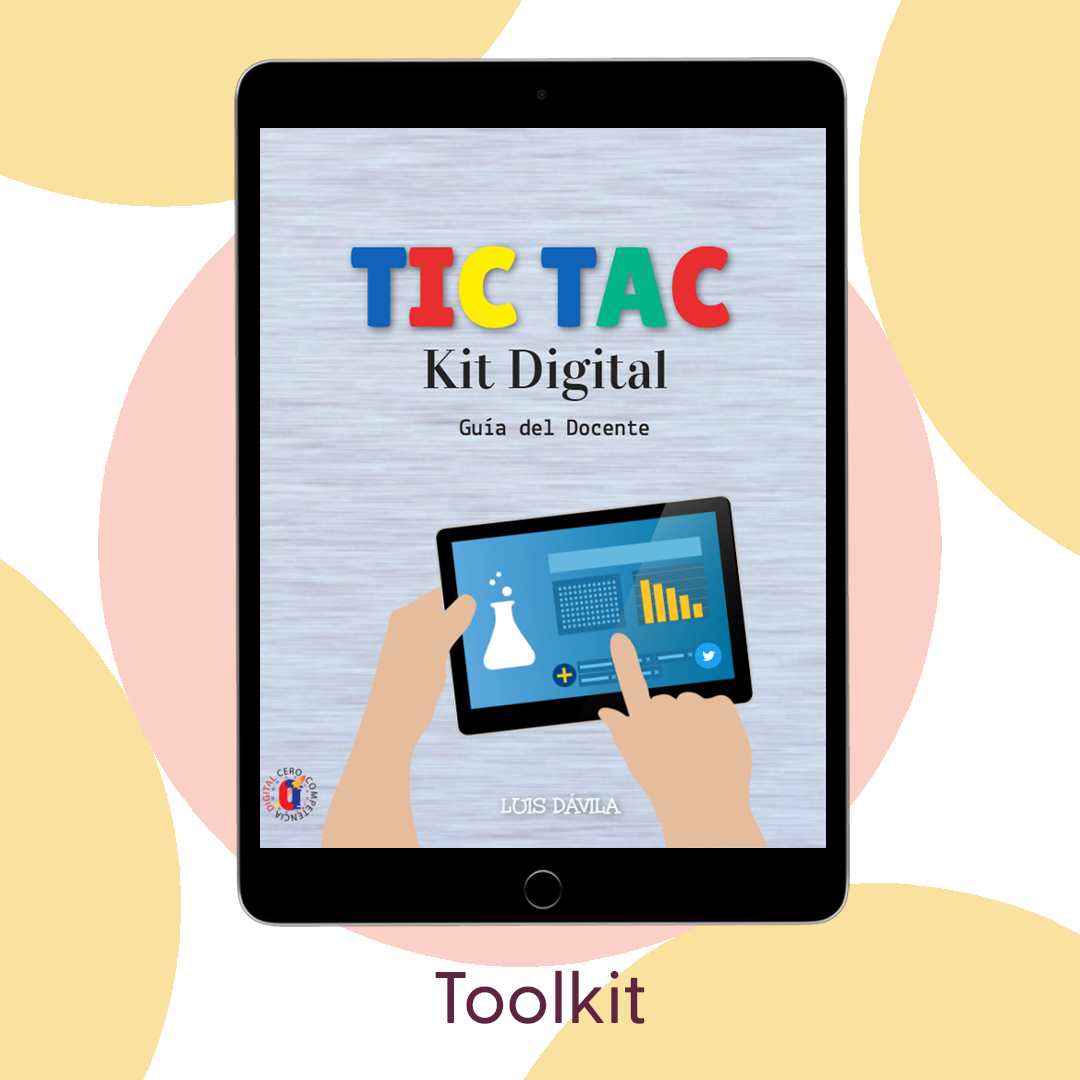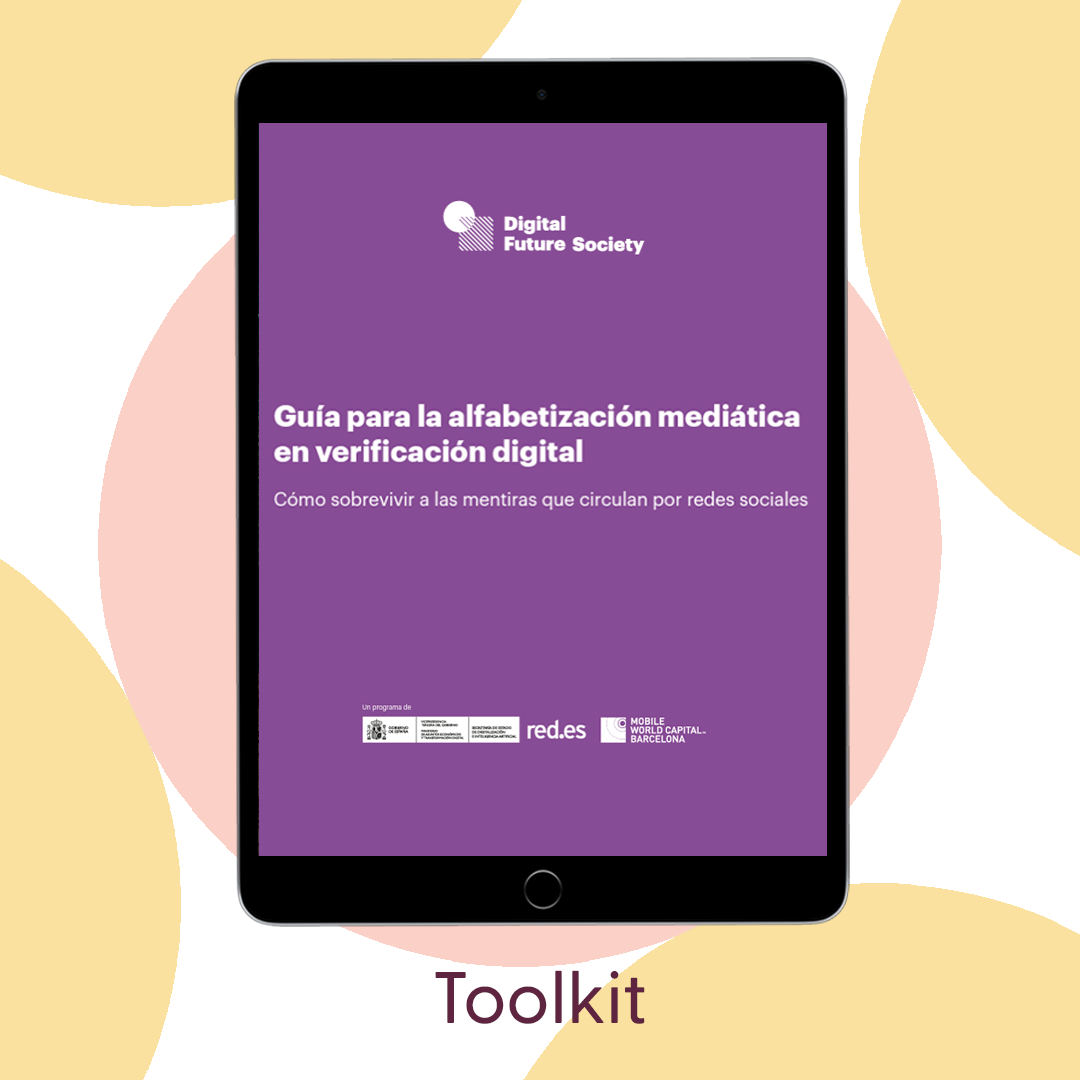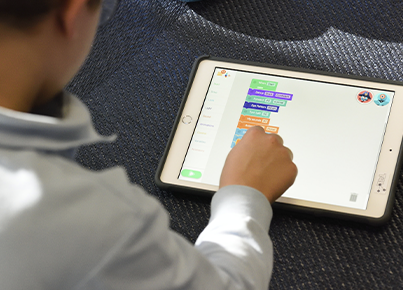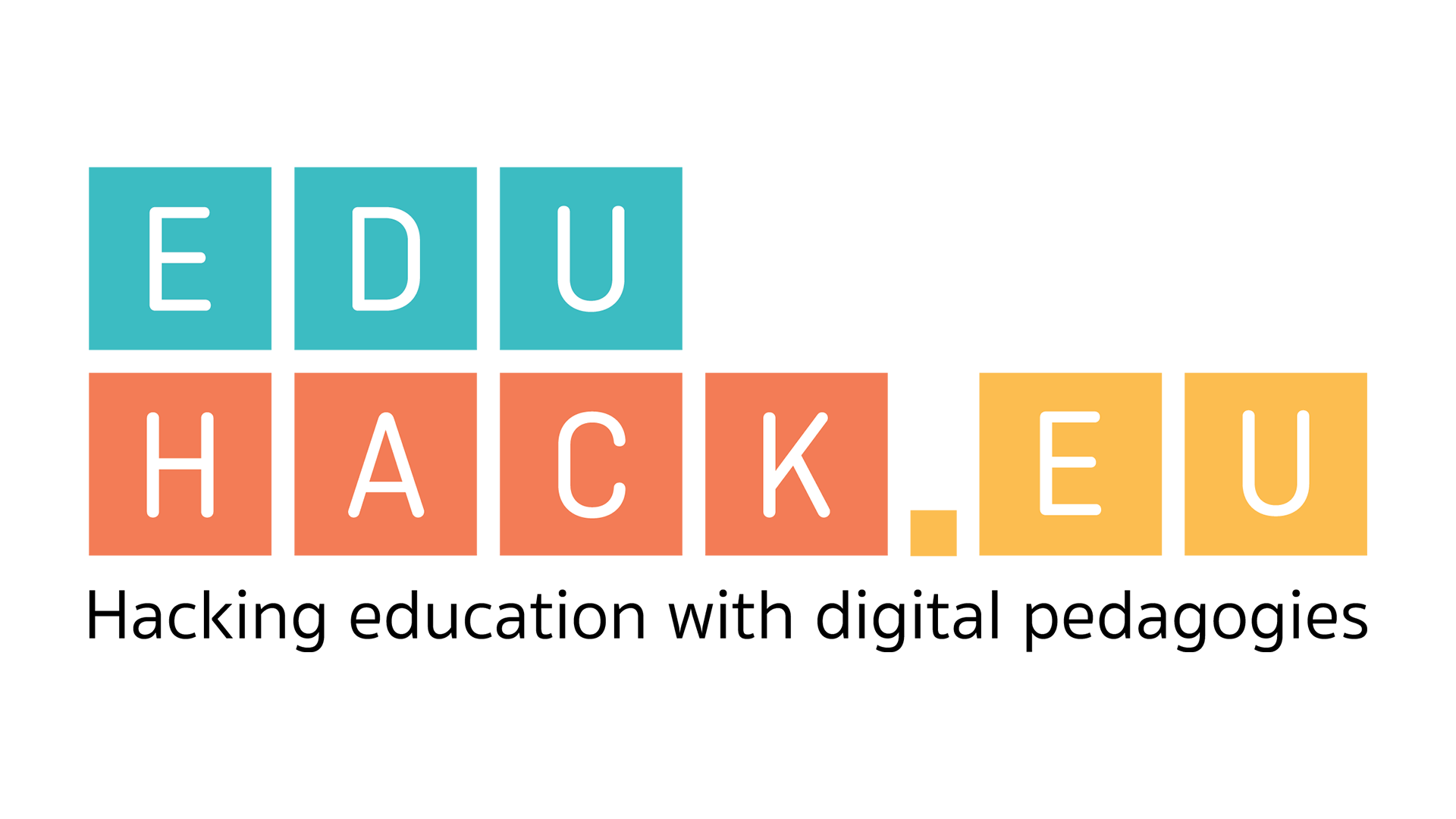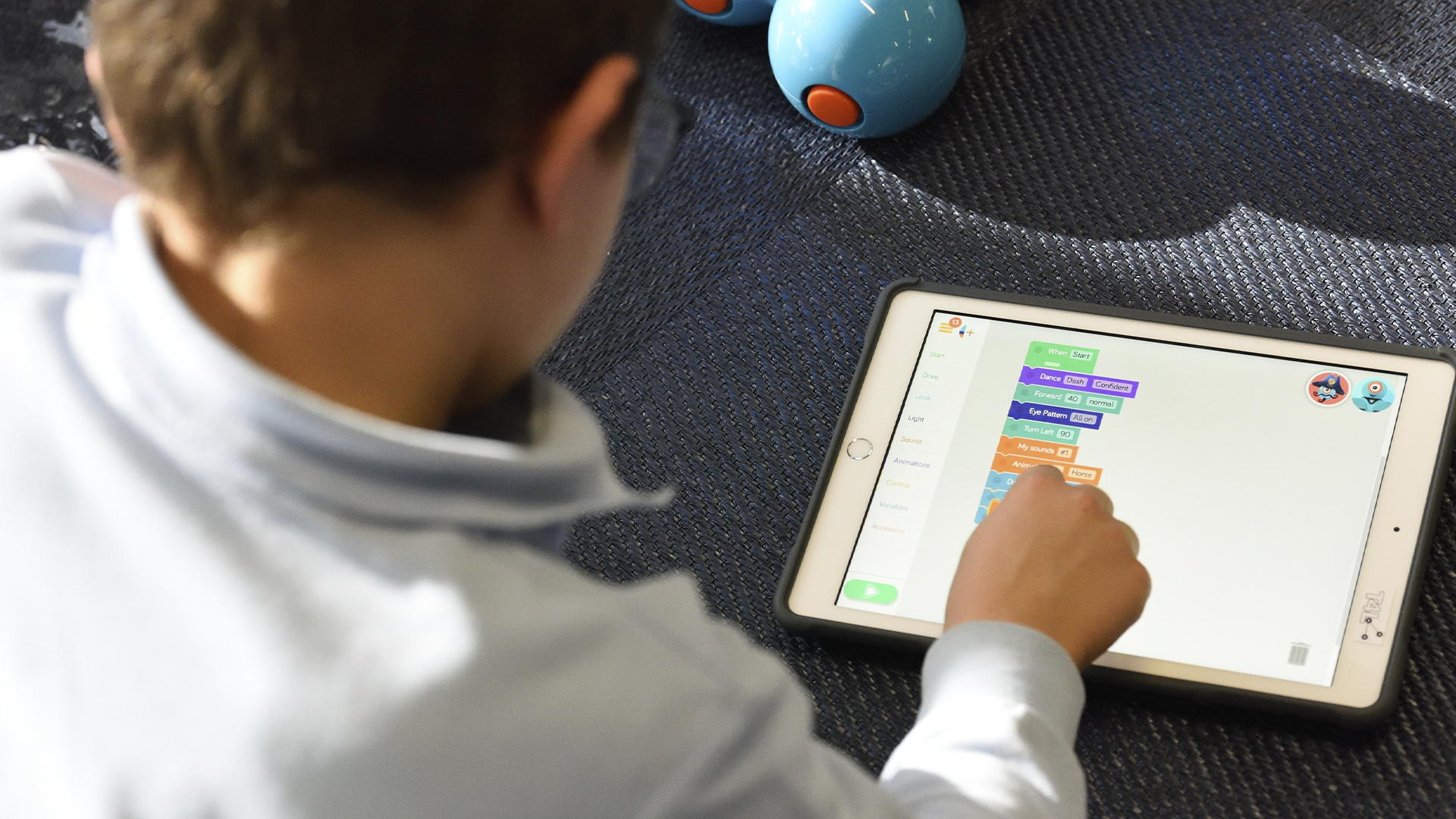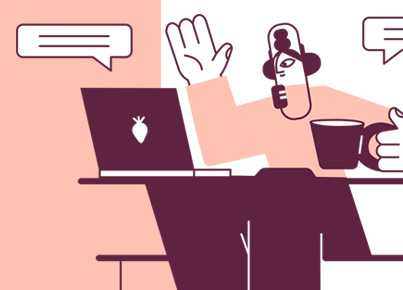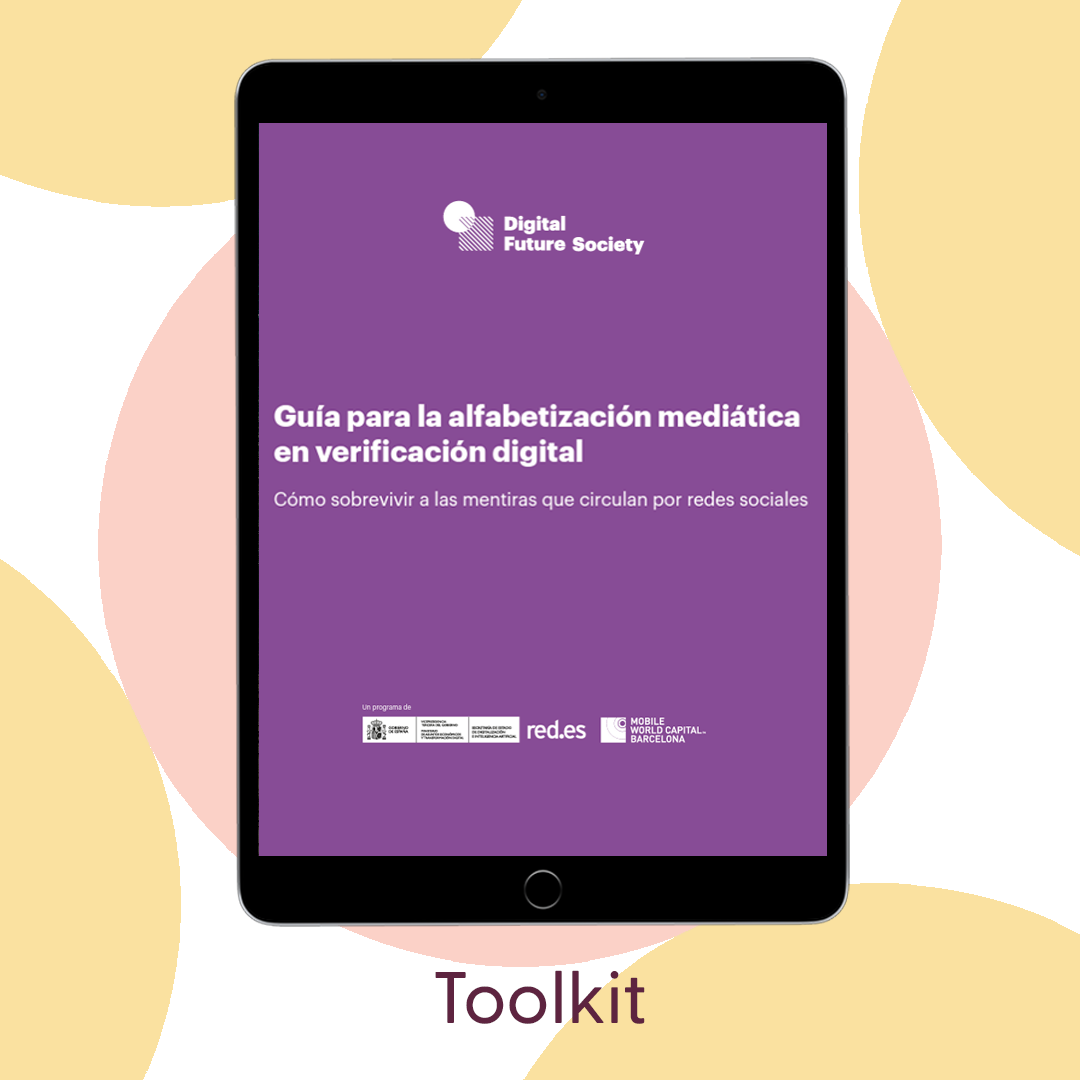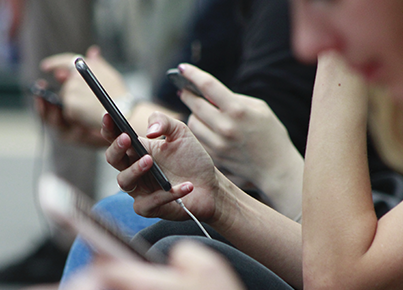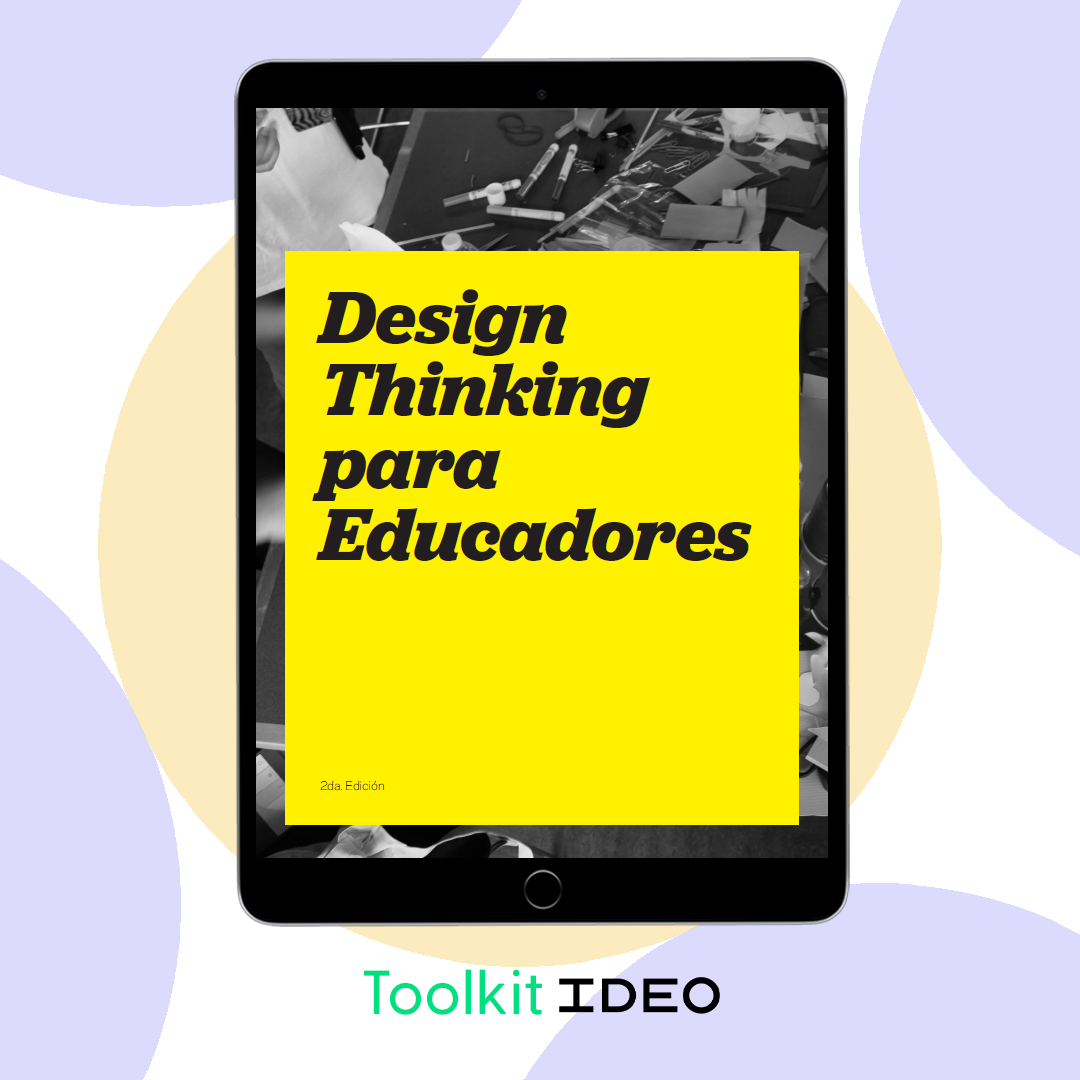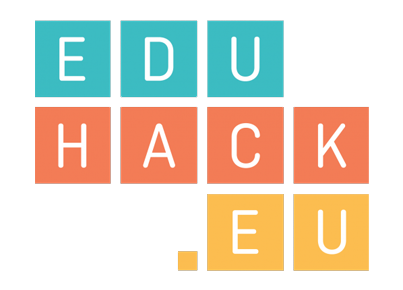Gamification is a learning technique that transfers game elements, mechanics, and dynamics to the educational environment, aiming to increase motivation and achieve significant learning in students.
In Tic Tac, a digital book by Luis Dávila, you can find different proposals for gamification, easy-to-use platforms offering both free and paid resources to collaborate in daily activities and interventions.
On page 32 you can access a toolkit; information on how to choose the best programs for the interventions; accessible information and strategies on how to carry out personalized learning and technology integration.
All this and more can be found in this compilation of easy-to-access and well-organized platforms, websites, and applications; each one with its links and instructional videos and tutorials for a simple navigation.
